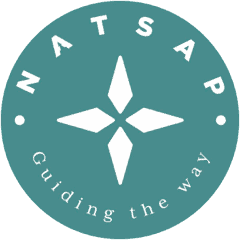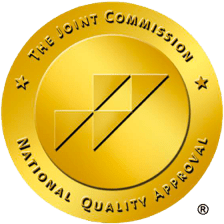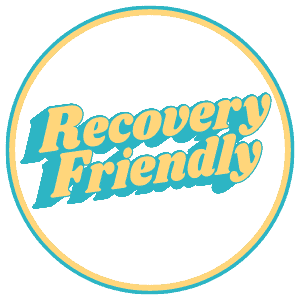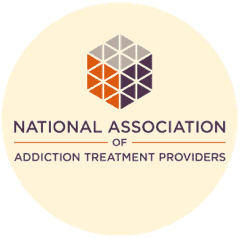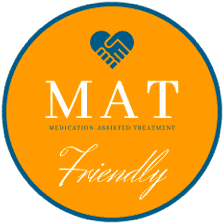We are in the middle of a national health epidemic, one that takes another life every 19 minutes.
men and women are dying at alarming, never before seen rates from drug overdoses.
In fact, the death rate from overdoses has now surpassed homicides. Many of these deaths are caused by fentanyl, a derivative of morphine that is 100 times more powerful, which is being combined with opioids and other illicit drugs. Fentanyl is so powerful that it is measured in micrograms not the milligrams used to measure most prescription drugs.
Why the Overdoses Continue to Rise
Fentanyl is only one of several reasons overdose deaths are rising dramatically and why participating in a highly structured transitional living program like Next Step Recovery is becoming a matter of life or death.
At first fentanyl was only found in the heroin supply, but now illegal suppliers of this deadly narcotic are pressing fentanyl into pills that are near indistinguishable from prescription counterparts. People think they are taking anti-anxiety medication or some other drug and then not waking up in the morning. Given the lethality of heroin when combined with fentanyl, the addition of this synthetic drug to the rest of the illicit drug supply is a source of great concern.
The “Dark Web,” the shadowy side of the Internet, is the major source of fentanyl. Difficult to regulate and often maliciously motivated, there are many life-destroying products for purchase online. Everything from illicit drugs to underage prostitutes can be purchased with an online currency called BitCoins. The Dark Web has made the acquisition of deadly fentanyl very easy. Teenagers in high school can order this substance pressed into pills and in powder form.
The tainted heroin supply is only one factor in a much larger underlying problem. Individuals in pain are turning to street heroin because of high prices for pharmaceutical narcotics. An estimated 4 out of 5 heroin addicts start out innocently with prescription painkillers for real medical conditions. The American Society of Addiction Medicine estimates that 23% of first time heroin users become addicted. And then there’s the reality that many who struggle with the disease of addiction also have underlying mental health challenges that can increase vulnerability to addiction and the negative effects of trauma and stress.
How The Right Program Can Help
Next Step Recovery is working to turn the tide of this deadly epidemic by helping men find lasting recovery and healing from addiction and its underlying causes. This unique transitional living program supports men’s mental, physical, emotional and spiritual health by providing person-centered, trauma-informed care. Next Step Recovery’s whole-person approach includes individual and group therapy, relapse prevention education, life skills classes on topics such as money management and nutrition, mindfulness meditation, job placement assistance, transportation to work, 12-step meetings and appointments, volunteer opportunities and a Sunday adventure program that includes activities such as hiking, swimming in waterholes, paintball, whitewater rafting, and ziplining.
Program director, founder and clinician Susan Stader MS, LPC, LCAS, CCS-I draws on cognitive-behavioral, trauma-sensitive and other therapeutic approaches to support each resident in his unique recovery process. Program Director Terry Streeter, CSAC, provides a therapeutic lifeline for residents in the evenings, with training in cognitive-behavioral and reality therapies and addictions recovery coaching. Together with a highly qualified staff, residents have access to professional and peer recovery support 24 hours a day.
Taking the Next Step to Sustainable Recovery
Because people are dying earlier than ever in the drug use cycle, it is critical to get help as soon as possible. Addiction is a disease that starts long before the first use of mind-altering substances. Prevention and early intervention are the best ways to fight this epidemic. If you or someone you know is abusing heroin, opioids, or other substances, we encourage you to contact Next Step Recovery to learn how to create a life that is worth living.
Know someone who might benefit from this post? Please like and share this post with them. Or, if you have questions or comments, please leave them below! We’re always looking for ways to keep the conversation about recovery going. Education is one the most powerful tools we have to combat addiction.



